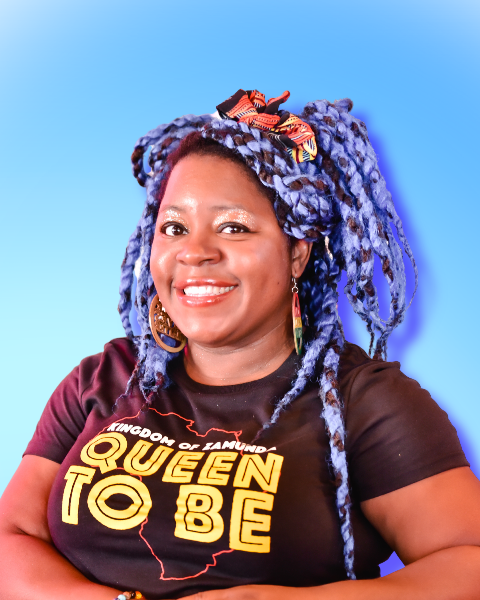Poster Presentation
Leadership, Mentoring, and Training the Next Workforce
Wednesday Poster Power Hour
WED-046 - Enhancing HIV Prevention Through Community Health Workers: Mobilization, Advocacy, Access
Wednesday, April 16, 2025
12:30 PM - 1:30 PM PST
Location: Pacific I/II, 2nd Floor
Area of Responsibility: Area III: Implementation
Subcompetencies: 7.2.5 Implement training., 8.4.3 Advocate for professional development for health education specialists.
Research or Practice: Practice
Subcompetencies: 7.2.5 Implement training., 8.4.3 Advocate for professional development for health education specialists.
Research or Practice: Practice

Sharita J. Ambrose, DHEd, MPH, CHES, CHWI
Executive Director
Allure Alliance Inc.
Elgin, Texas, United States
Poster Presenter(s)
Learning Objectives:
At the end of this session, participants will be able to:
- Emphasize the role of CHWs in engaging at-risk communities to implement biomedical HIV prevention effectively.
- Equip attendees with strategies to effectively use CHWs as connectors, linking clients to essential HIV prevention and care services through trusted, community-based outreach and navigation.
- Describe how CHWs are needed to reach local, state, and national health goals.
Detailed abstract description: This presentation offers attendees actionable insights and practical skills to enhance their impact on HIV prevention, aligning with national goals to end the epidemic. If you’re a public health professional, community health worker, or advocate passionate about meaningful change, this session will equip you with innovative strategies and tools to reach communities effectively and make prevention efforts more accessible and acceptable.
Gain firsthand knowledge of evidence-based advocacy and mobilization techniques that CHWs are using right now to close the gap between biomedical interventions and real-world community needs. You'll explore powerful case studies where CHWs, through grassroots efforts, have influenced policies, secured critical funding, and fostered community-driven change. Each case illustrates tangible methods that can be adapted and applied to your own work.
This workshop is designed to be interactive and hands-on, providing you with the chance to practice new strategies in real-time. Through engaging activities, you’ll learn how to conduct community-based participatory research, craft impactful health messages, and leverage CHW networks to boost HIV prevention. We’ll explore methods for implementing health communication campaigns and advocacy frameworks, equipping you to connect with communities in authentic ways that drive engagement and action.
Moreover, attendees will walk away with a toolkit of best practices and resources to address specific barriers and navigate the complex socio-political landscape of HIV prevention. You’ll gain insights into using civil disobedience and community organizing as powerful tools for policy advocacy and funding support. These strategies not only enhance access to HIV prevention services but also empower community voices, creating a groundswell of support essential to meeting Ending the HIV Epidemic goals.
Finally, this presentation fosters collaboration, providing opportunities to connect with peers, policymakers, and healthcare providers. By the end, you’ll be part of a network dedicated to elevating the role of CHWs and transforming HIV prevention on a local and national scale. Join this session to strengthen your skills, expand your influence, and contribute to a sustainable, community-centered approach to ending HIV.
